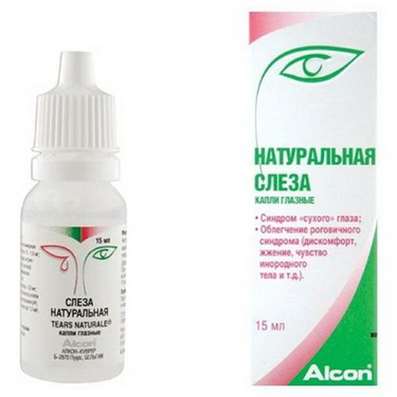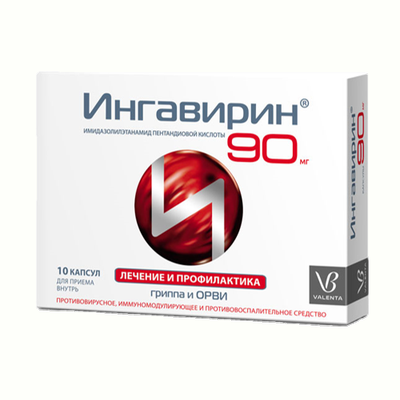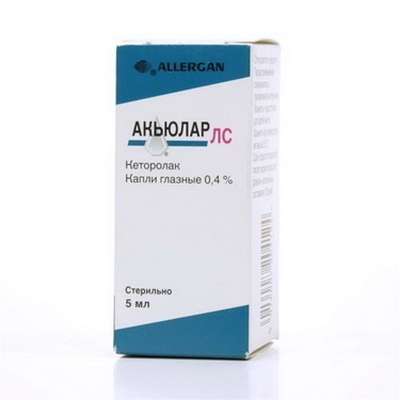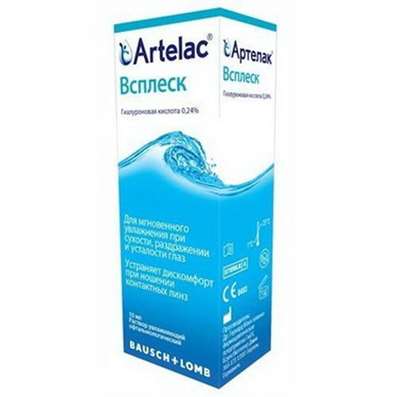Instruction for use: PK-Merz
I want this, give me price
Dosage form: Solution for infusions; Film coated tablets
Active substance: Amantadine*
ATX
N04BB01 Amantadine
Pharmacological groups:
Dopaminomimetics
Anti-Parkinsonics
The nosological classification (ICD-10)
G20 Parkinson's disease: A trembling paralysis; Idiopathic Parkinsonism; Parkinson's disease; Symptomatic Parkinsonism
G21 Secondary Parkinsonism: Medicinal Parkinsonism; Parkinsonism; Parkinsonism symptomatic; Disorders of extrapyramidal system; Parkinson's Syndrome
G25 Other extrapyramidal and motor disorders: extrapyramidal disorders; Disorders of extrapyramidal system; Cerebellar movement disorders; Extrapyramidal hyperkinesis; Pyramidal spastic paresis; The defeat of the pyramidal system; The defeat of the extrapyramidal system
G53.0 Neuralgia after shingles (B02.2 +): Postherpetic neuralgia; Postherpetic neuralgia in adults
Composition and release form
Tablets, coated with a coating.
Amantadine sulfate 100 mg
In a planar cell pack of 10; In a pack of cardboard 3 packs.
Solution for infusions 500 ml
Amantadine sulfate 200 mg
In PE bottles of 500 ml; In a box of 2 or 10 bottles.
Pharmachologic effect
Mode of action - antiparkinsonian, neuroprotective.
Pharmacodynamics
Increases the excretion of dopamine from the neuronal depot and inhibits its reverse neuronal capture, stimulates dopaminergic transmission. It inhibits the generation of impulses in the motor neurons of the central nervous system.
Indications of the drug PK-Merz
Parkinson's disease (rigidity, tremor, hypokinesia);
Parkinsonism (intensive primary treatment in severe and life-threatening cases, including during akinetic crises);
Extrapyramidal disorders caused by the administration of neuroleptics or other drugs;
Neuralgia with shingles.
Contraindications
Hypersensitivity;
glaucoma;
prostate adenoma;
Thyrotoxicosis;
epilepsy;
Psychomotor agitation; The state of the predilion or delirium; Psychoses in the anamnesis;
Acute and chronic diseases of the liver and kidneys;
Pregnancy (I trimester);
breast-feeding.
Application in pregnancy and breastfeeding
Contraindicated in the first trimester of pregnancy. At the time of treatment should stop breastfeeding.
Side effects
From the nervous system and sensory organs: mental disorders, accompanied by visual hallucinations, motor or mental arousal, dizziness, sleep disorders, decreased visual acuity (very rarely).
From the cardiovascular system and blood (hematopoiesis, hemostasis): heart failure, arrhythmia, tachycardia.
On the part of the intestine: dry mouth, nausea.
From the genitourinary system: urinary retention (in patients with prostate adenoma).
Other: very rarely - the appearance of bluish coloration of the skin of the upper and lower extremities.
Interaction
Strengthens the effects (including side effects) of other anti-Parkinsonian drugs; With simultaneous therapy with amantadine and levodopa, a reduction in the dose of levodopa is possible. Simultaneous reception with diuretics containing triamterene / hydrochlorothiazide can lead to a change in the concentration of amantadine in the plasma.
Dosing and Administration
Inside, after a meal. Dosage is selected individually, usually 100 mg / day for 3 days, then up to 200 mg / day with a further increase of 100 mg per week (the last day before dinner). The maximum dose is 600 mg / day.
IV, 500 ml 1-2 times a day for 3 hours at a rate of 55 drops per minute. With reduced renal function, the following dosage regimen is proposed:
| Glomerular filtration rate, ml / min | Dosage, mg | Interval between doses, h |
| 80–60 | 100 | 12 |
| 60–50 | 200 and 100 alternately | Every second day |
| 50–40 | 100 | 24 |
| 30–20 | 200 | 2 times per week |
| 20–10 | 100 | 3 times a week |
| <10 | 200 and 100 | Weekly and every second week |
In severe cases, the dose may be increased by taking into account the risk assessment.
Precautionary measures
During the treatment of patients suffering from heart failure or circulatory disorders, constant medical supervision is required. For elderly patients (including those in a state of excitement, pre-divisions or delirium, etc.), it is recommended to reduce the dose. It is necessary to cancel the drug gradually to avoid a sharp exacerbation of the disease. You cannot drink alcohol during treatment. Patients should be warned that PK-Merz lowers the concentration of attention and the speed of psychomotor reactions.
Storage conditions of the drug PK-Merz
At a temperature not higher than 25 ° C
Keep out of the reach of children.
Shelf life of the drug PK-Merz
5 years.
Do not use after the expiry date printed on the package.

 Cart
Cart





